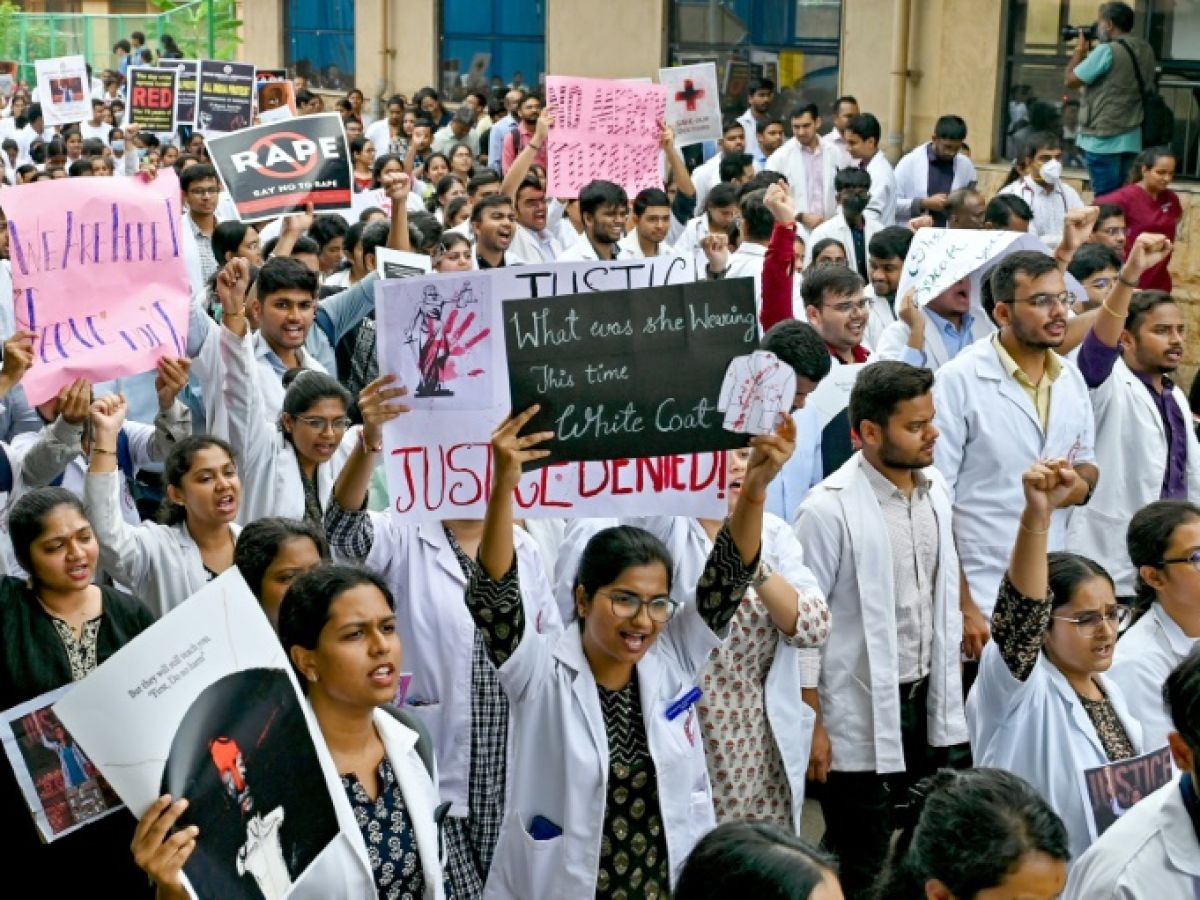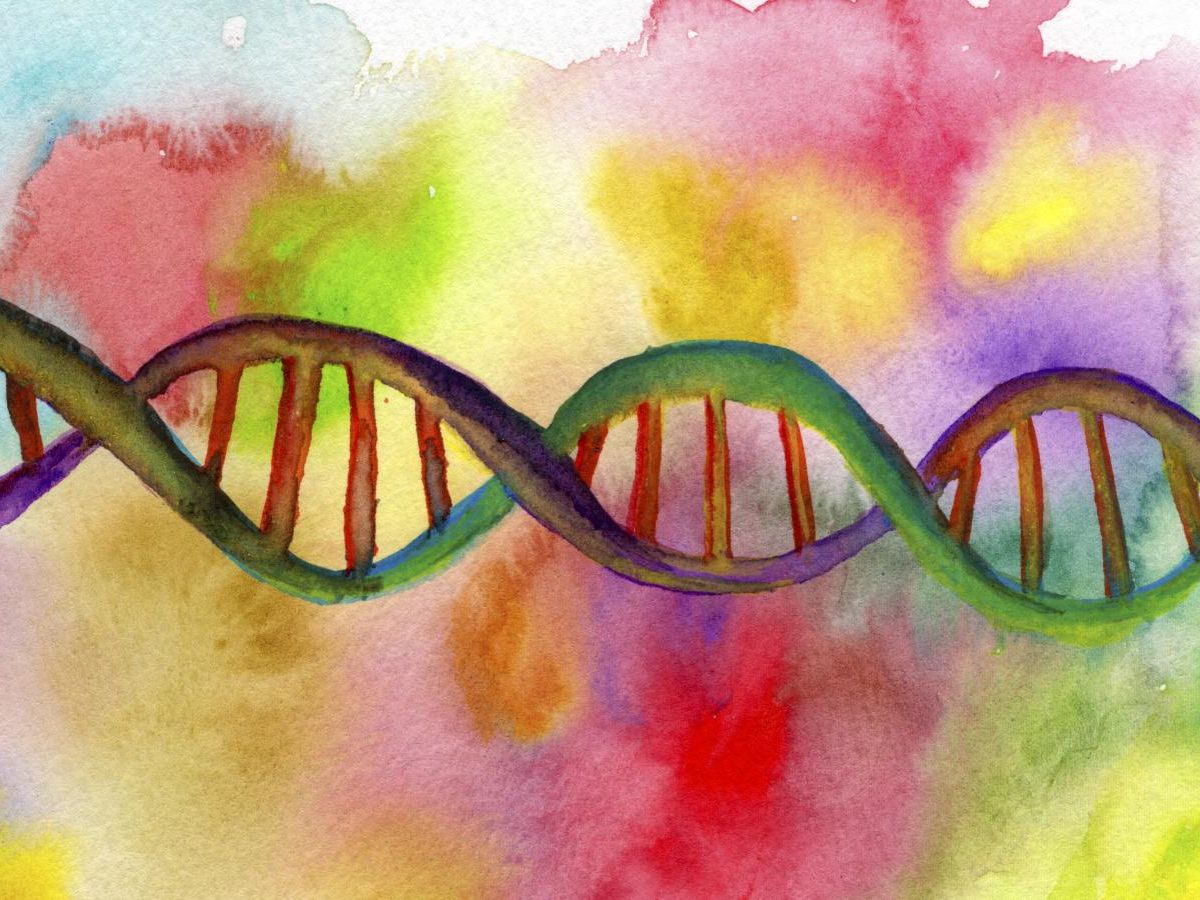Crowds of Indian doctors in white coats gathered outside their hospitals, looking set to go to work on Saturday, but were in fact demanding justice after the rape and murder of a colleague in the east of the country.
"The hospital is the last place we should worry about our safety," she notes.

The murder of a 31-year-old doctor, whose bloodied body was discovered on August 9 in a public hospital in the city of Kolkata, in eastern India, has rekindled anger over the Indian scourge of violence against women.
– 36 hour vacations –
At the usually bustling Ram Manohar Lohia government hospital in New Delhi, Rani says the ratio of doctors to patients is so dire that shifts often last 36 hours.

"Then there is no proper place to rest," she adds, describing how some doctors rest "on wheelchairs and stretchers."
The woman doctor killed in Kolkata was found in the seminar room of the hospital, probably there to rest during a 36-hour shift.
Hospital security staff regularly see violent behavior from angry patients who are forced to wait for hours in long lines in the heat.
"The other day, an angry relative of a patient slapped a guard," says Gopal Bisht, a security official at Lady Hardinge Hospital in New Delhi.

On Saturday, the usual hubbub of patients was replaced by protest chants.
Female doctors held signs outside hospitals and chanted slogans demanding justice, joined by male colleagues.
– 90 rapes per day in 2022 –
The sordid nature of the attack reminded the country of a horrific gang rape and murder of a young woman on a New Delhi bus in 2012.
Sexual violence is recurrent in India. In 2022, nearly 90 rapes were committed every day on average in this country of 1.4 billion inhabitants.

Indian citizens also demonstrated this week in several Indian cities, including Kolkata where a torchlight vigil was held at midnight.
The protesting Indian doctors aim to highlight "systemic" issues that are crippling overwhelmed public medical services and threatening the "safety" of medical workers.
Those employed in public hospitals note that violence against medical staff is so commonplace that people are no longer sensitive to it.
"What happened in Kolkata was not an isolated incident," said Pankhuri Sharma, a 24-year-old doctor in training. "Violence and abuse are a daily occurrence," she said.
Akanksha Tyagi, a 27-year-old gynaecologist, laments that it takes "taking a doctor's life" for people to react.

